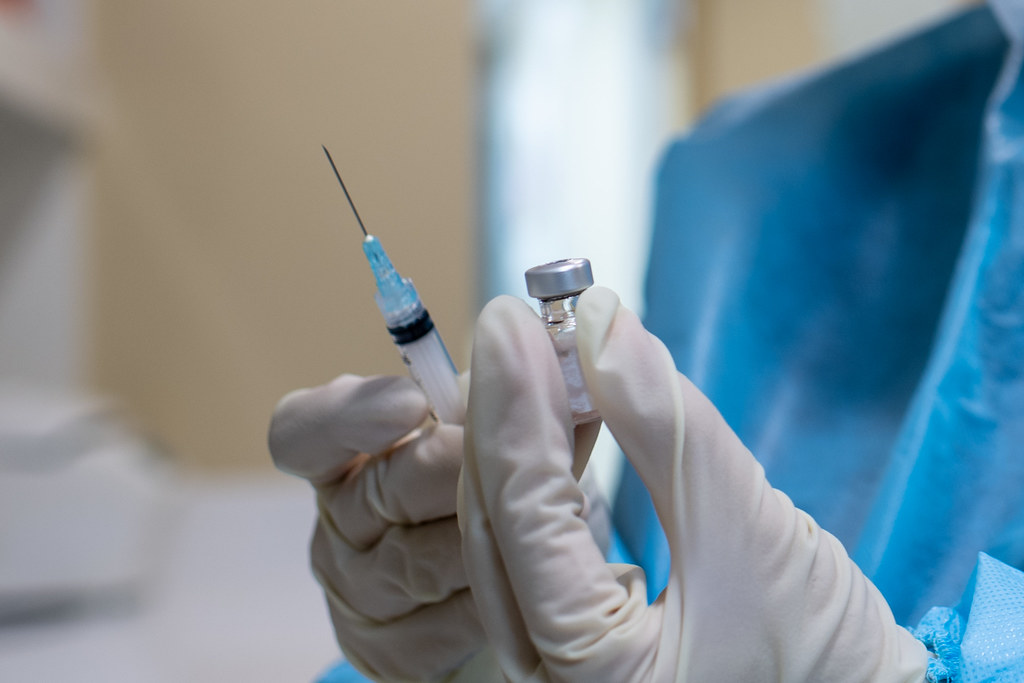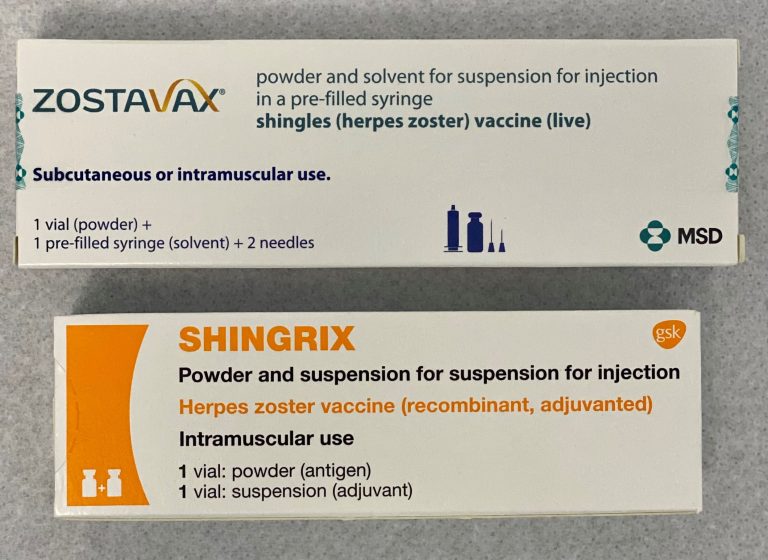GSK plc (LSE/NYSE: GSK) today announced that the China National Medical Products Administration has approved Nucala (mepolizumab), a monoclonal antibody that targets interleukin-5 (IL-5), as an add-on therapy with intranasal corticosteroids for the treatment of adult patients with CRSwNP for whom therapy with systemic corticosteroids and/or surgery do not provide adequate disease control.
· Mepolizumab is the only anti-interleukin-5 approved in China for the treatment of adults with inadequately controlled chronic rhinosinusitis with nasal polyps (CRSwNP)
· Around 30 million people in China live with CRSwNP and experience symptoms such as sleep disturbance, breathing problems and loss of smell
· This is the third indication for mepolizumab in China for an IL-5 mediated condition
Kaivan Khavandi, SVP, Global Head of Respiratory/Immunology R&D at GSK said: “We are delighted that Nucala has been approved in China as a treatment for CRSwNP, a chronic condition for which new and effective treatments are needed. Patients now have a non-surgical option available to them and an alternative to repeated exposure to oral corticosteroids.”
It is estimated that about 107 million people in China suffer from chronic sinusitis, about 1/3 of whom have chronic sinusitis with nasal polyps.1-4 People with CRSwNP experience symptoms such as nasal obstruction, loss of smell, facial pressure, sleep disturbance and nasal discharge, which can significantly affect their emotional and physical well-being.4-6
CRSwNP is caused by chronic inflammation of the nasal lining that can cause soft tissue growth, known as nasal polyps, that develop in the sinuses and nasal cavity.5,6 Up to 80% of patients with CRSwNP have type 2 inflammation, which is associated with more severe disease and nasal polyp recurrence and can be detected by blood eosinophil count, a biomarker measured by a simple blood test.6-9 IL-5 is a key cytokine driving this type 2 inflammation and is present at high levels in nasal polyp tissue.4-8 Although surgery can be effective at removing polyps, the underlying type 2 inflammation means they have a tendency to regrow.9,10
The approval is based on results of the phase III MERIT trial, which studied the efficacy and safety of mepolizumab over a 52-week period versus placebo in a population of Japanese, Chinese and Russian patients with inadequately controlled CRSwNP, and is supported by data from the global phase III SYNAPSE study, which explored the effect of mepolizumab versus placebo in more than 400 patients with CRSwNP.5,10
Mepolizumab is already approved in China as an add-on maintenance treatment for adults and adolescents aged 12 years and older with severe eosinophilic asthma as well as for adults with eosinophilic granulomatosis with polyangiitis.
References
1. Liu Z, et al. Chinese Society of Allergy and Chinese Society of Otorhinolaryngology-Head and Neck Surgery Guideline for Chronic Rhinosinusitis. Allergy Asthma Immunol Res. 2020;12(2):176-237.
2. Wu Q, et al. Efficacy and safety of omalizumab in chronic rhinosinusitis with nasal polyps: a systematic review and meta-analysis of randomised controlled trials. BMJ Open. 2021 Sep;11(9):e047344.
3. Bachert C, et al. Burden of Disease in Chronic Rhinosinusitis with Nasal Polyps. J Asthma Allergy. 2021;14:127-134.
4. Wang Chengshuo, Zhang Luo. Biologics for the treatment of chronic rhinosinusitis with nasal polyps [J] . Chinese Journal of Otolaryngology-Head and Neck Surgery, 2023, 58(3) : 193-199.
5. Han JK, et al. Mepolizumab for chronic rhinosinusitis with nasal polyps (SYNAPSE): a randomised, double-blind, placebo-controlled, phase 3 trial. Lancet Respir Med. 2021;9(10):1141-1153.
6. Bachert C, et al. EUFOREA expert board meeting on uncontrolled severe chronic rhinosinusitis with nasal polyps (CRSwNP) and biologics: Definitions and management. J Allergy Clin Immunol. 2021;147(1):29-36.
7. Kato A, et al. Endotypes of chronic rhinosinusitis: Relationships to disease phenotypes, pathogenesis, clinical findings, and treatment approaches. Allergy. 2022;77(3):812-826.
8. De Corso E, et al. How to manage recurrences after surgery in CRSwNP patients in the biologic era: a narrative review. Acta Otorhinolaryngol Ital. 2023;43(2 Suppl. 1):S3-S13.
9. Chen S, et al. Systematic literature review of the epidemiology and clinical burden of chronic rhinosinusitis with nasal polyposis. Curr Med Res Opin. 2020;36(11):1897-1911.
10. Fujieda S, et al. Mepolizumab in CRSwNP/ECRS and NP: The Phase III randomised MERIT trial in Japan, China and Russia. Rhinology. 26 July 2024. doi: 10.4193/Rhin24.156. Online ahead of print.
GSK continues to build on decades of pioneering work to deliver more ambitious treatment goals, develop the next generation standard of care, and redefine the future of respiratory medicine for hundreds of millions of people with respiratory diseases.









































